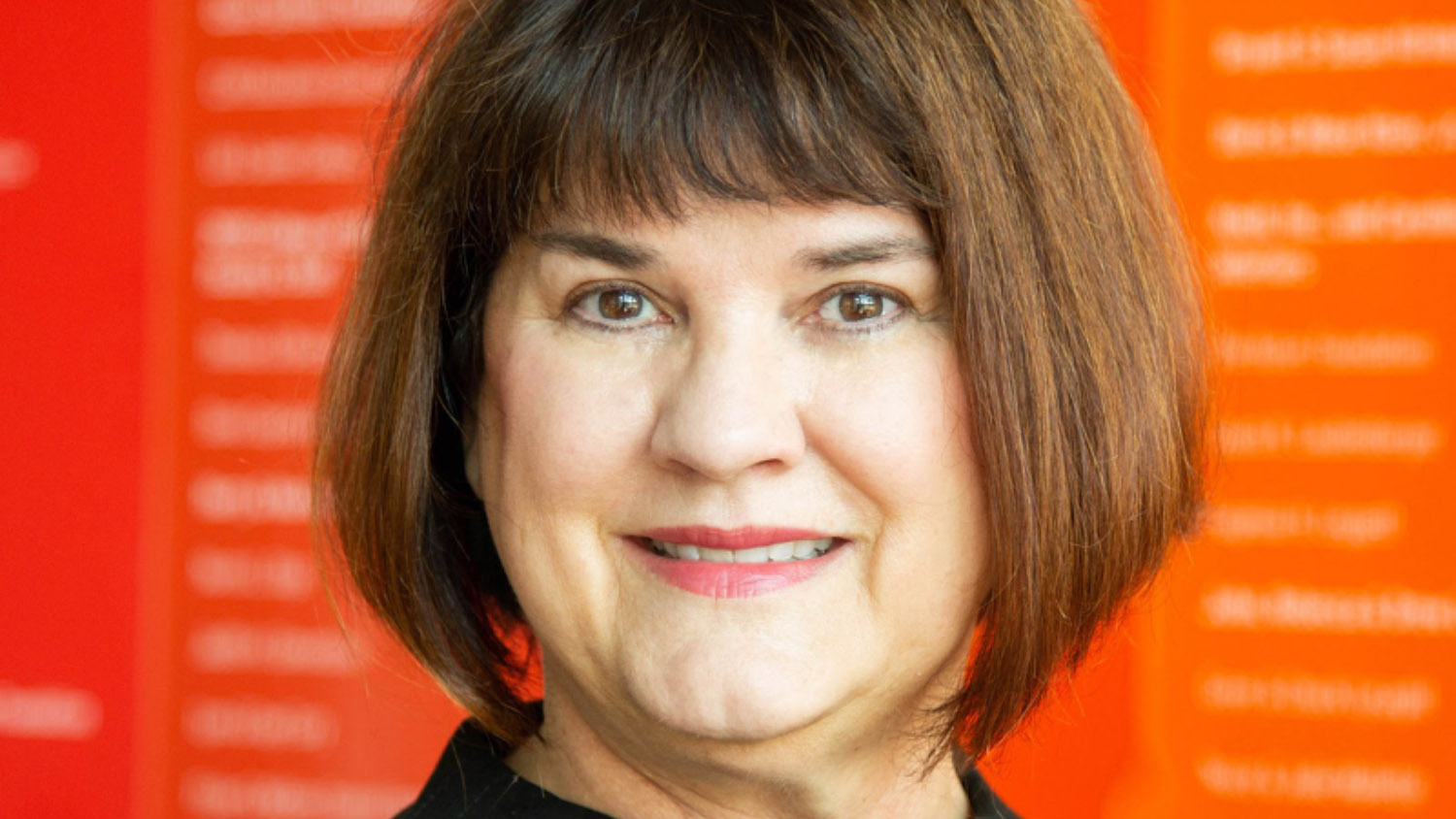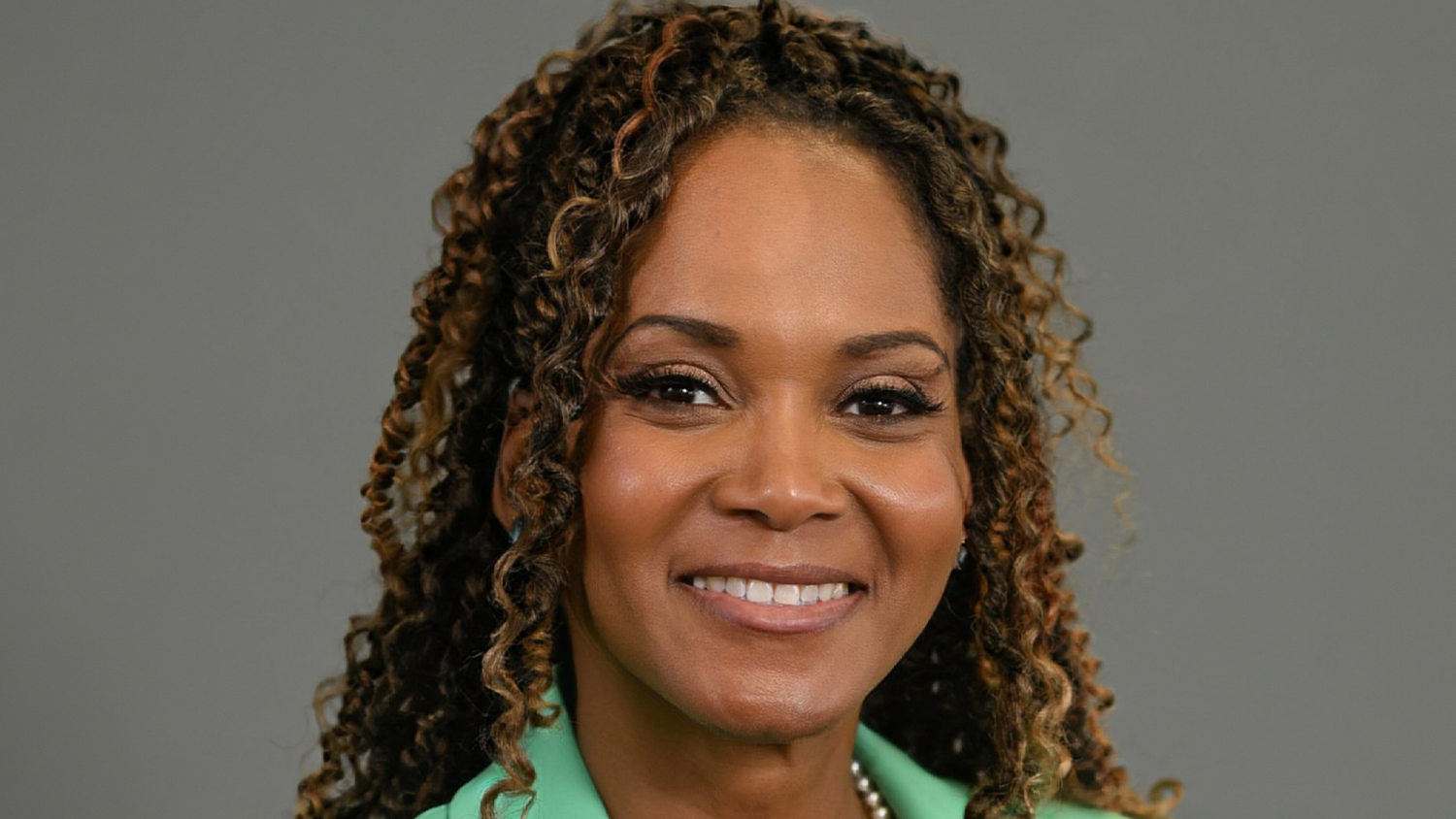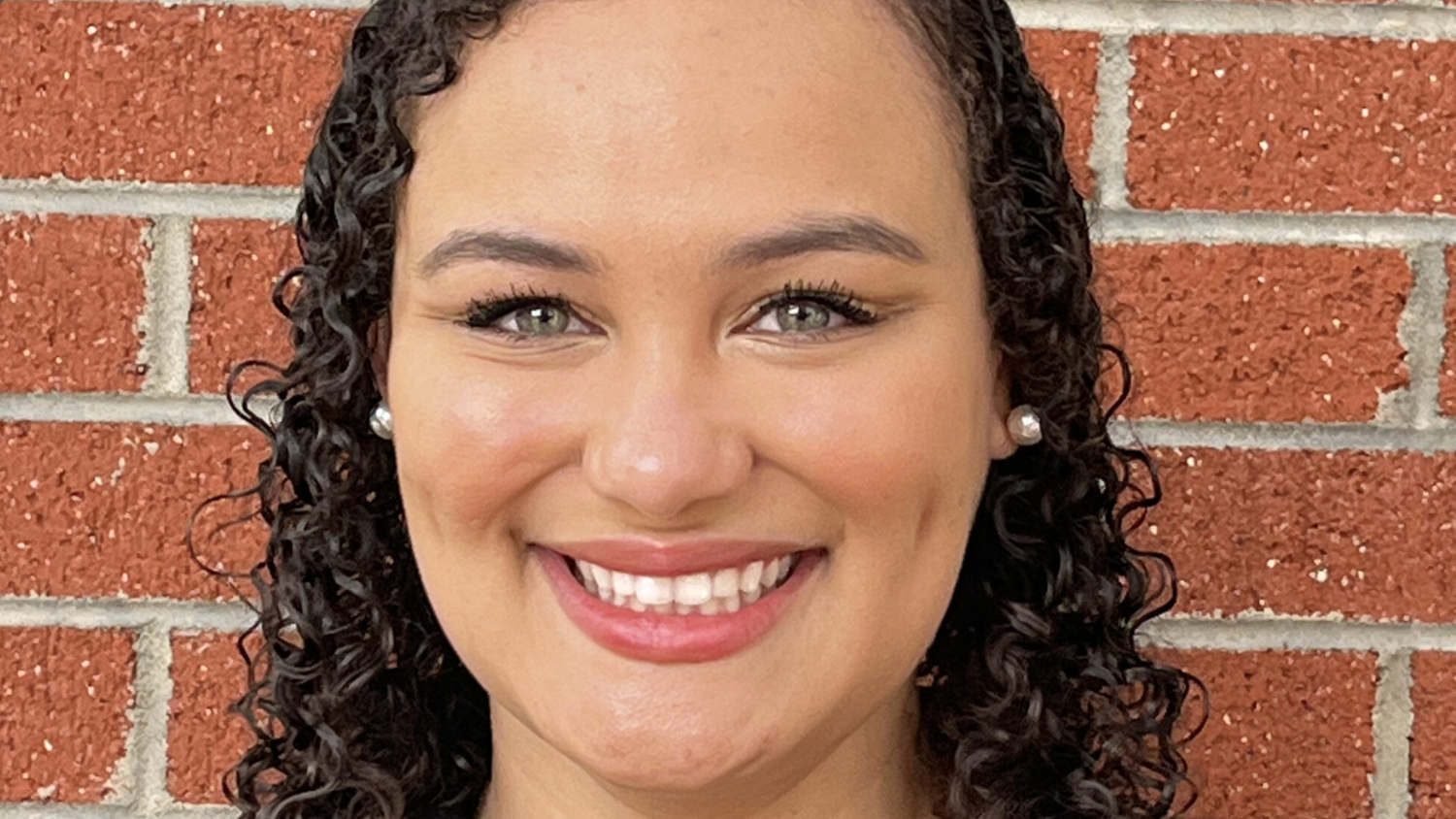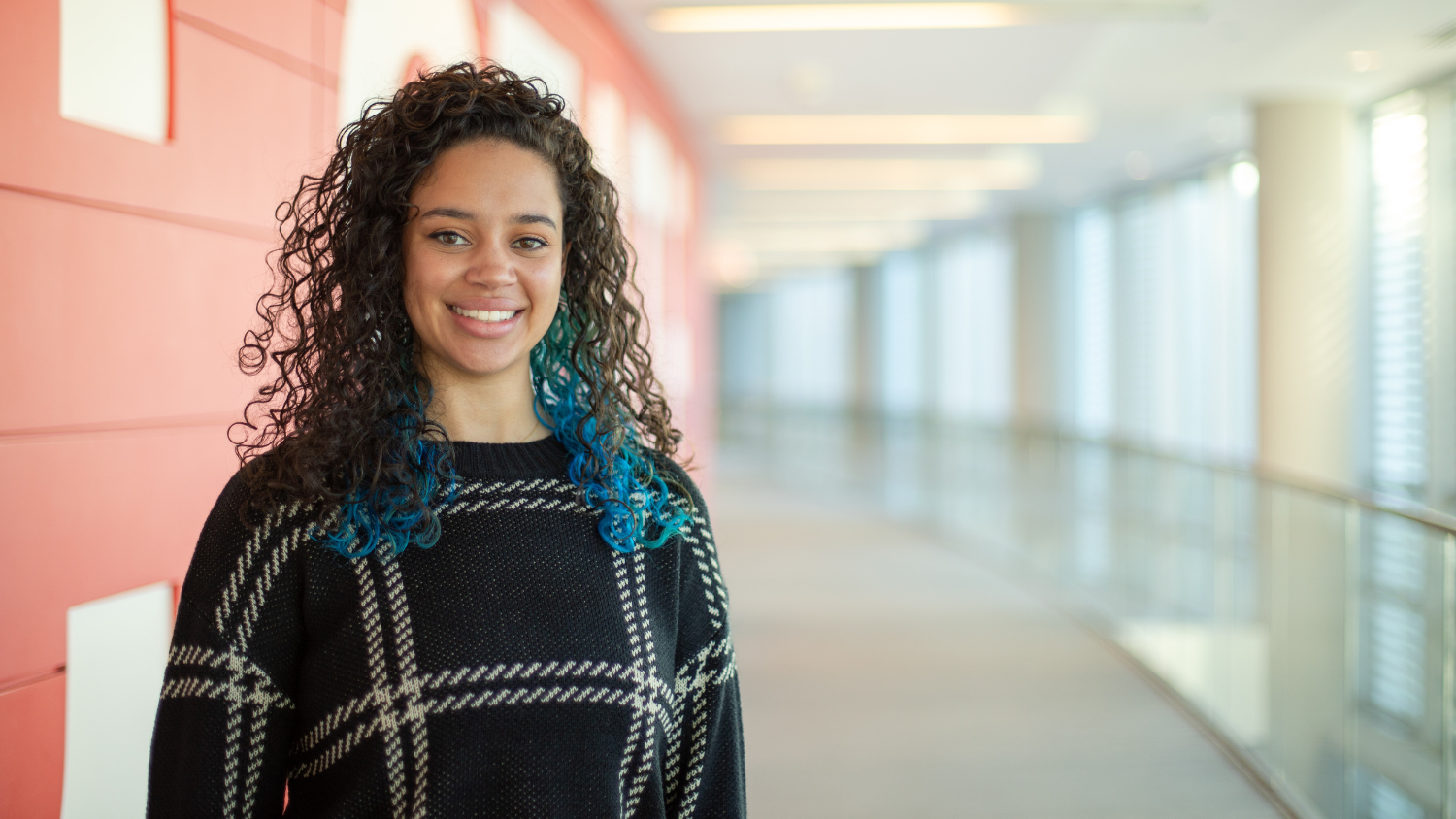Global Connections with Educators in China: Looking Back, Looking Forward

It’s been nine years since Hiller A. Spires, Ph.D., Friday Institute for Educational Innovation executive director and NC State College of Education associate dean, was approached by the chairman of the Jiangsu International Foundation for Education Excellence, Wang Bintai, his daughter, Lisa Wang, Ph.D., and the Wuzhong Group to help develop a concept for an innovative high school in Suzhou, China, that would embrace the best of Eastern and Western education practices. When Spires created the partnership that led to the creation of Suzhou North America High School (SNA), she built a bridge connecting North Carolina and China that has allowed students and educators from both countries to develop cross-cultural understandings and innovative approaches to learning. Today, Spires and her team are engaging in professional learning with middle school and high school teachers at SNA and co-developing a STEM curriculum framework in order to guide and expand course offerings at the school.
Cross-Cultural Understandings and Intellectual Curiosity
Spires first visited China in 2007, taking a small delegation from NC State University to a conference held at Beijing Normal University. Newly appointed to his position as vice provost for global engagement at NC State, Bailian Li, Ph.D., supported the initiative.
“I was struck by how open the educators that I met were to learning more about our educational system—they wanted to understand educational innovation and how that translated to school change in China,” Spires said.
Spires was also intellectually engaged in learning more deeply about Chinese culture, which she quickly realized was layered and not easily understood. She began collaborating with a professor, Degang Li, Ph.D., at Beijing Normal University. They had their classes read common readings on literacy and media and then shared their ideas and asked questions through the social media tools of that time.
From there, Spires was invited to take the New Literacies Teacher Leader Institute program to Beijing Royal School (BRS), where she and her College of Education colleagues engaged 80 teachers in Project-Based Inquiry (PBI). PBI is an approach to teaching and learning that allows students to dive deep into content for a rich, nuanced learning experience. This type of inquiry is rooted in problem-based learning and lets students ask, analyze and answer a compelling question.
An inquiry approach to teaching and learning was a stark contrast to what the BRS teachers were accustomed to at the time, which was traditional lecture and recitation pedagogy. A memorandum of understanding was established with BRS and multiple types of partnerships evolved. Most notably, BRS teachers began enrolling in a one-year master’s degree program at the College of Education through the New Literacies and Global Learning (NLGL) concentration. To date, 24 BRS teachers have received their master’s degrees in the NLGL concentration and have returned to take on instructional leadership roles at BRS.
Based on the successful partnership with BRS, Spires was approached by a group from Suzhou to help create Suzhou North America High School (SNA).
A Global Partnership Built on Relationships and Mutual Respect
Spires worked closely with her Chinese partners to develop SNA. The vision for the school was to educate students who planned to enroll in top Western universities that focus on creative thinking and problem-solving skills, which is a growing practice in China. Approached to be a creative partner on the project, Spires and her New Literacies Collaborative (NLC) team helped design the school, which included a rigorous and global curriculum, dynamic pedagogies, emerging technologies and collaborative learning spaces. Spires currently serves as SNA’s honorary principal.
For more information about the creation of the school, view Ted Richardson’s documentary here.
The school currently has 1,100 students and 200 teachers and staff from about 20 different countries. Spires and the NLC team have provided in-person professional development through the New Literacies Teacher Leadership Institute for SNA teachers over the years. Additionally, the NLC team has facilitated PBI Global projects between SNA and Wake STEM Early College High School in Raleigh, North Carolina. In 2018, students from Wake STEM collaborated on a PBI Global project, “A World on the Move: Migrants and Refugees”, and Wake STEM students traveled to Suzhou to co-present at the Design Studio Showcase with their SNA student partners.
“The partnership with Dr. Spires and the Friday Institute has been extremely valuable for SNA as we continue to develop a dynamic curriculum and innovative culture within our school,” said Wang, executive principal at SNA. “Over the years, we have physically visited NC State to learn more about American culture, and the Friday Institute team has visited SNA many times to learn about Chinese culture and to conduct professional development with our teachers. We look forward to more in-person visits after the pandemic—we miss being with our partners.”
The partnership with SNA has also created opportunities for study abroad experiences for NC State faculty and students. In 2016, Spires led a College of Education faculty delegation to learn about Chinese culture and educational practices at SNA and other schools. During the most recent summer 2019 study abroad trip, 11 students had the opportunity to immerse themselves in Chinese culture and education through visits to three different cities—Shanghai, Suzhou and Beijing. The students were able to co-teach lessons with teachers at SNA to experience teaching in a different cultural setting.
“It’s easy to create a partnership, but it’s quite a different story to sustain a partnership over time when you’re part of two very different cultures,” Spires said. “Having a shared vision of what is possible, developing mutual understanding and respect, being persistent with clear communications and managing expectations is key to sustaining a partnership.”
New Virtual Training Program Launched During the Pandemic
Through a school-wide survey delivered in late 2020, SNA educators shared their preferences for professional learning. Spires and her team designed a monthly professional development schedule in response to the teachers’ expressed needs. Since December 2020, the team has been meeting monthly with the school’s middle grades English teachers and secondary school faculty.
“It has been exciting and challenging to support the educators at SNA during a pandemic,” said Marie Himes, Friday Institute research associate. “We are lucky to have forged strong bonds with our partners at SNA before we were no longer able to collaborate face-to-face. This foundation has allowed the NLC team and SNA teachers to continue to build our community of practice although we are geographically distant.”
Professional development sessions with the middle grades teachers are focusing on amplifying multilingual learners’ conceptual, analytical and language practices, grounded in the work that Spires and her team have done with their Institute of Education Sciences-funded online course, Teaching K-8 English Learners Literacy and Academic Content.
“I’m grateful for the resources that the Friday Institute team provides us,” said Coco Zhang, SNA middle school English department head. “We are gaining more student-centered methods and different ways to inspire students to participate in class.”
The professional development needs of the secondary school faculty are much broader, so the team is designing monthly topical sessions addressing self-care and mindfulness for educators, student-centered pedagogies, impact-driven teaching, social and emotional learning, and integrative STEM. To address self-care needs, the NLC team engaged SNA teachers in sharing with their colleagues the strategies that were most successful for them to relieve stress, such as mindfulness and yoga practices. Teachers brought their yoga mats to the gym to practice yoga as a collective staff activity. To support SNA’s commitment to multilingualism among their middle and high school students, the NLC team is providing ongoing support for teachers in culturally responsive and literacy-focused teaching practices. Finally, the NLC team is designing a STEM certificate for high school students to complete before they graduate.
“It is always energizing to collaborate with the educators at SNA,” said Andrea Gambino, NLC research and design consultant. “Our shared vision to support quality teaching and learning that centers the holistic and academic well-being of students grounds our community of practice. Although we are unable to be in a face-to-face environment with SNA during the pandemic, our professional and personal relationships continue to expand through regular email exchanges, webinar conferencing and WeChat messaging.”
Navigating Geopolitical Tensions During the Pandemic
The pandemic has intensified the tensions between China and the U.S. According to The New York Times, China emerged from the early stages of the pandemic more quickly than the U.S. and Europe. With the new American administration, the U.S. and China are trying to reset relations, but there are many challenges ahead. In the U.S., Asians and Asian Americans have experienced increased racism, as some Americans have sought to use them as scapegoats for the pandemic. President Joe Biden has called for these brutal attacks to end, as has NC State University Chancellor Randy Woodson.
“As these tensions have mounted between our countries, maintaining clear, open communication with our educational partners in China has been essential,” Spires said. “Being a strong ally for all students from Asia, including those from China, is very important to me. As I speak with my partners in China, they are very concerned about the violence in America against Asians and Asian Americans. Parents from China who were at one point eager to send their students to America to study and seek new opportunities are increasingly anxious about the discrimination and gun violence in our country.”
As Spires continues to navigate relationships with her Chinese partners amid these tensions, she knows that it is more important than ever to cultivate and maintain those relationships.
“Human impulse may lead some to want to close off from global connections and understandings as political conflict takes center stage,” Spires said. “It is in the shared interest of institutions, communities and individuals to take a stand for racial equality and international engagement through education.”
At the heart of the NLC is the emphasis on global connection and education. The COVID-19 pandemic and the movement against racial injustice underscored the interconnectedness of our world, and schools need to prepare students to be globally competent. Global competence includes being a creative problem solver, a critical thinker and an effective communicator and collaborator. Through Spires’ projects, she facilitates building these characteristics in students in an effort to create responsible global citizens and agents of change.
“I’m fond of Marian Wright Edelman’s quote, ‘Education is for improving the lives of others and for leaving your community and world better than you found it.’ That is my aim through my work at the Friday Institute, working both with North Carolina educators and those across the globe,” said Spires.
This story originally appeared on the Friday Institute website.
- Categories:



